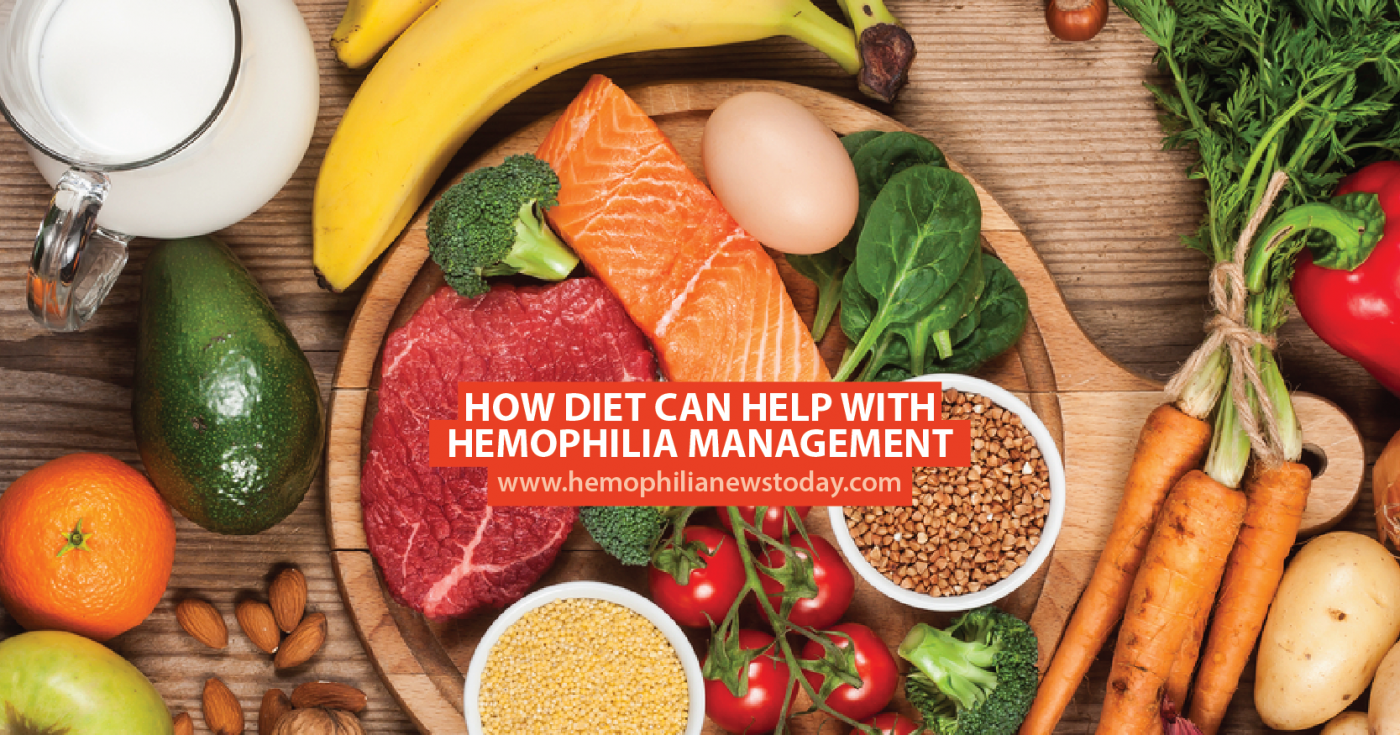How Diet Can Help With Hemophilia Management

Eating well is important for everyone, but particularly for those living with hemophilia. Eating a diet that encourages strong bones and muscles and helps keep you at a healthy body weight is essential.
MORE: Young boys explain what it’s like to live with hemophilia
Obesity is becoming a major problem when it comes to treating hemophilia patients. Excess weight can lead to additional pressure on joints making bleeds more likely. A recent study found that young boys and teenagers with hemophilia were twice as likely to be overweight, which can cause potential health problems later in life. Not only can being overweight cause additional health problems, but it can make it difficult to find veins for infusions. As our columnist Cazandra Campos-MacDonald points out, “A healthy weight is a good thing, but as a parent, I am always watching my kids so that their weight is manageable. Venous access can be hard and when it is, it can be scary.”
Eating the same balanced diet advised for all Americans, people living with hemophilia should be able to maintain a healthy body weight and stay in good health. To maintain a healthy body weight, choose a diet that’s high in fruits and vegetables, whole grains, legumes, lean proteins, and low-fat dairy products and avoid processed foods, foods that are high in salt and sugar, and foods that are high in saturated fat or have been fried in oil.
In addition, people with hemophilia should also aim to eat iron-rich foods as the body’s store of iron is depleted during bleeds. Dark leafy greens, lean red meats, liver, poultry, raisins, and dried beans are all good sources of iron. Iron absorption from foods is higher if taken with foods or drinks high in vitamin C such as lemons, orange juice, bell peppers, and broccoli. Find out more about hemophilia and nutrition here.
MORE: Six self-care tips for people living with hemophilia
Hemophilia News Today is strictly a news and information website about the disease. It does not provide medical advice, diagnosis or treatment. This content is not intended to be a substitute for professional medical advice, diagnosis, or treatment. Always seek the advice of your physician or another qualified health provider with any questions you may have regarding a medical condition. Never disregard professional medical advice or delay in seeking it because of something you have read on this website.






